Indications:
● Treatment and Prevention of UTIs: Nitrofurantoin is primarily indicated for the treatment and prevention of acute cystitis, often caused by bacteria such as Escherichia coli and Staphylococcus saprophyticus. It can also be used in a prophylactic manner to prevent recurrent urinary tract infections in patients with a history of frequent UTIs.
Patient Guidelines
Patients prescribed Nitrofurantoin should be aware of the following:
● Only take this medication under the prescription and supervision of a healthcare provider.
● Usually administered orally in capsule or liquid suspension form.
● Should be taken with food to enhance absorption and reduce the risk of gastrointestinal upset.
● Adequate hydration should be maintained throughout the course of treatment.
● Complete the full course of treatment even if symptoms improve, to prevent bacterial resistance and recurrence of infection.
Administration Details
How to Use Nitrofurantoin:
● Oral Administration: Nitrofurantoin is taken orally with or without food, although taking it with food or milk may increase its efficacy and reduce stomach upset.
Dosage Forms:
● Available in macrocrystalline form (Macrodantin, Furadantin) and a monohydrate/macrocrystals form (Macrobid), with the latter often preferred for its twice-daily dosing.
Dosage:
● Dosage is based on the patient's medical condition and response to therapy. Common regimens include 50 to 100 mg four times a day for seven days for treatment, or a single daily dose for prophylaxis.
Safety Precautions
● Contraindications: Nitrofurantoin is contraindicated in patients with severe renal impairment, known hypersensitivity to the drug, and in infants under one month of age.
● Pregnancy and Lactation: Generally considered safe during pregnancy, but risk-benefit must be considered, especially at term.
Drug Interactions
Nitrofurantoin may interact with the following:
● Antacids containing magnesium trisilicate
● Probenecid and sulfinpyrazone
● Quinolone antibiotics
● Patients should inform their healthcare provider about all the medications they are taking.
|

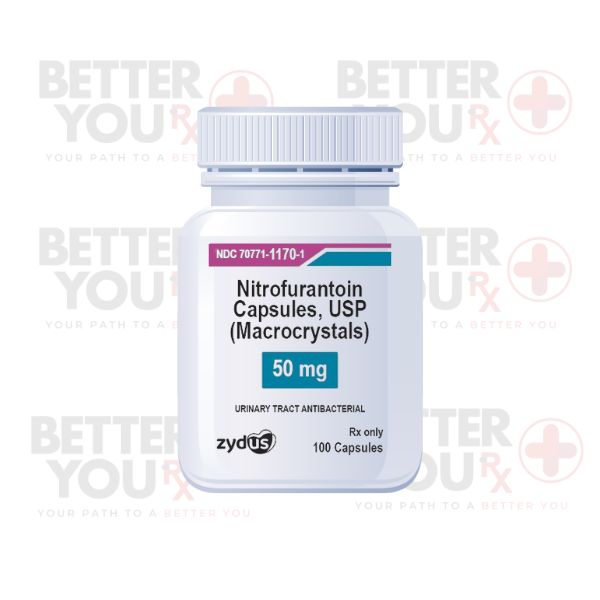
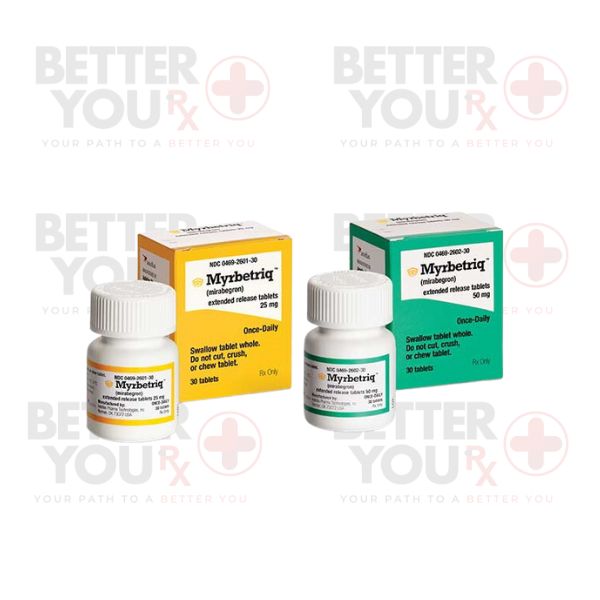
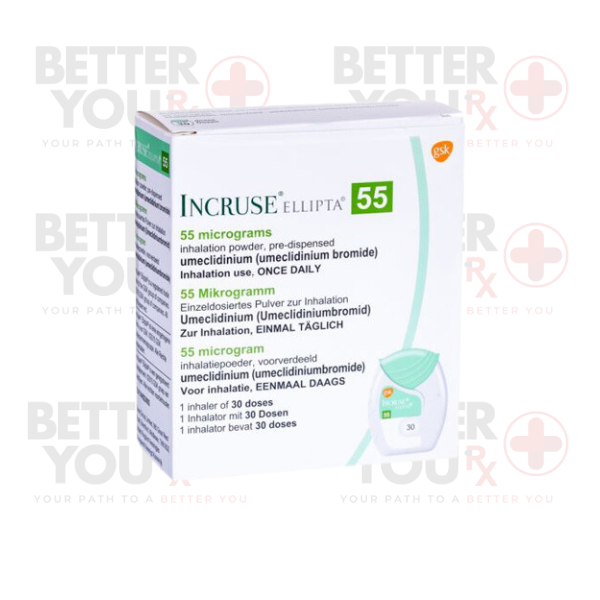

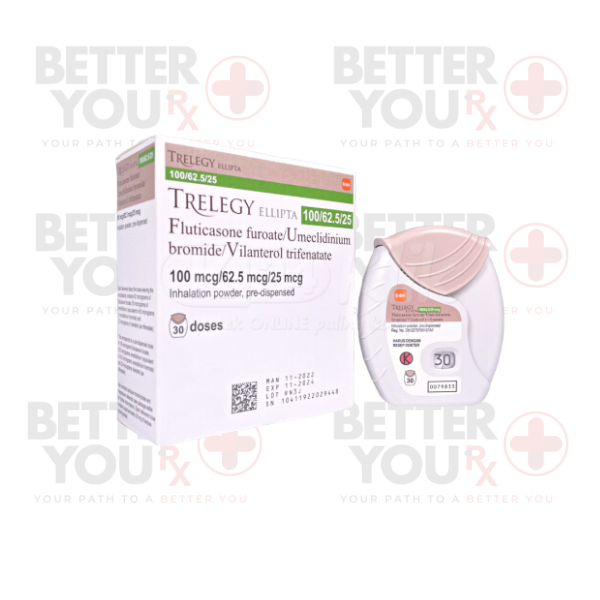

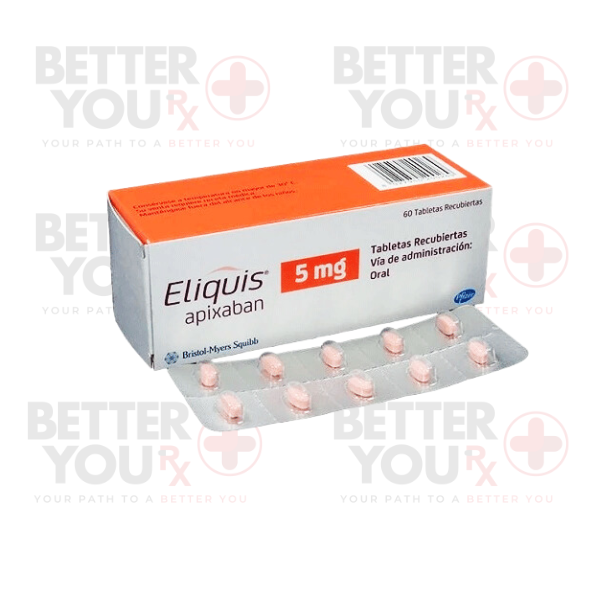


Reviews
There are no reviews yet.